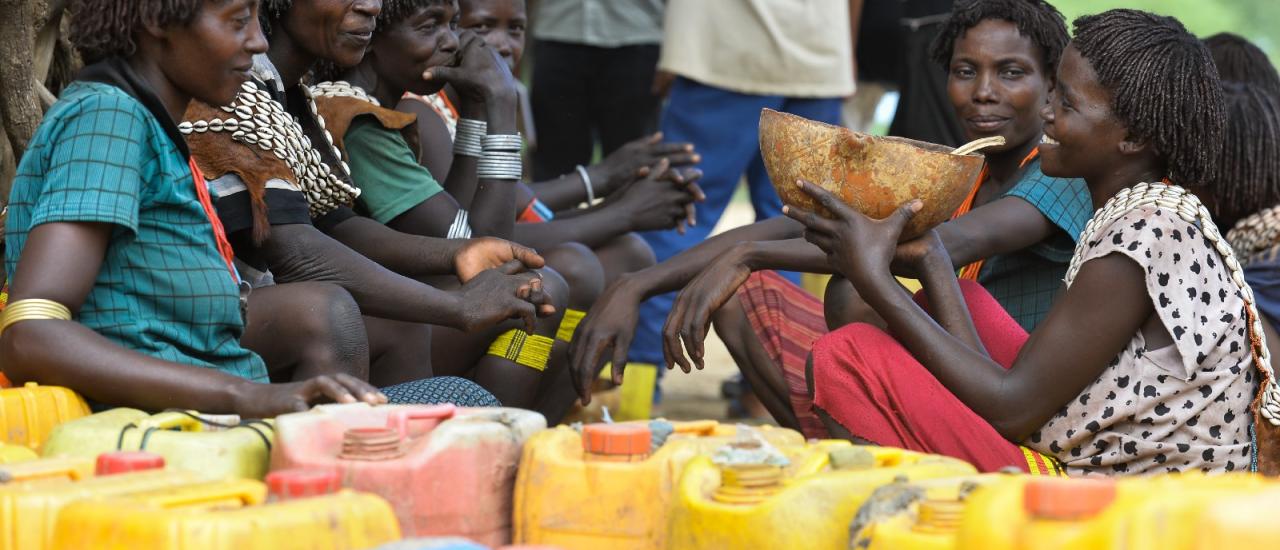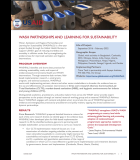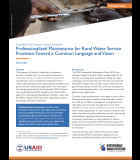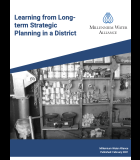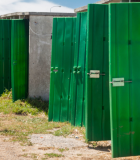Ethiopia’s lowlands represent the final frontier for the country’s ambitious plans to improve water, sanitation, and hygiene (WASH) coverage through its One WASH National Program. These harsh, arid lands are home to predominantly pastoral communities that roam with their livestock in search of water and grazing lands. Water sources are few and far between, and even when available often do not provide safe drinking water. Open defecation is the norm for a mobile population that lacks a fixed address upon which to build longer-lasting sanitation infrastructure. Adding to these challenges are the pressures of regular droughts, depleted groundwater tables, and a lack of institutional capacity on the human and data side.
Ethiopia is energized to tackle these WASH gaps, but needs to harness additional resources, innovative approaches, and partnerships to meet its 2020 goal of increasing basic water access to 83 percent of its population and certifying 80 percent of its communities as open defecation free. The four-year USAID Lowland WASH Activity aims to accelerate progress in both these areas along with improving efficiency of natural resource management, water governance, and data management.
Read the full article in USAID's Global Waters magazine.


